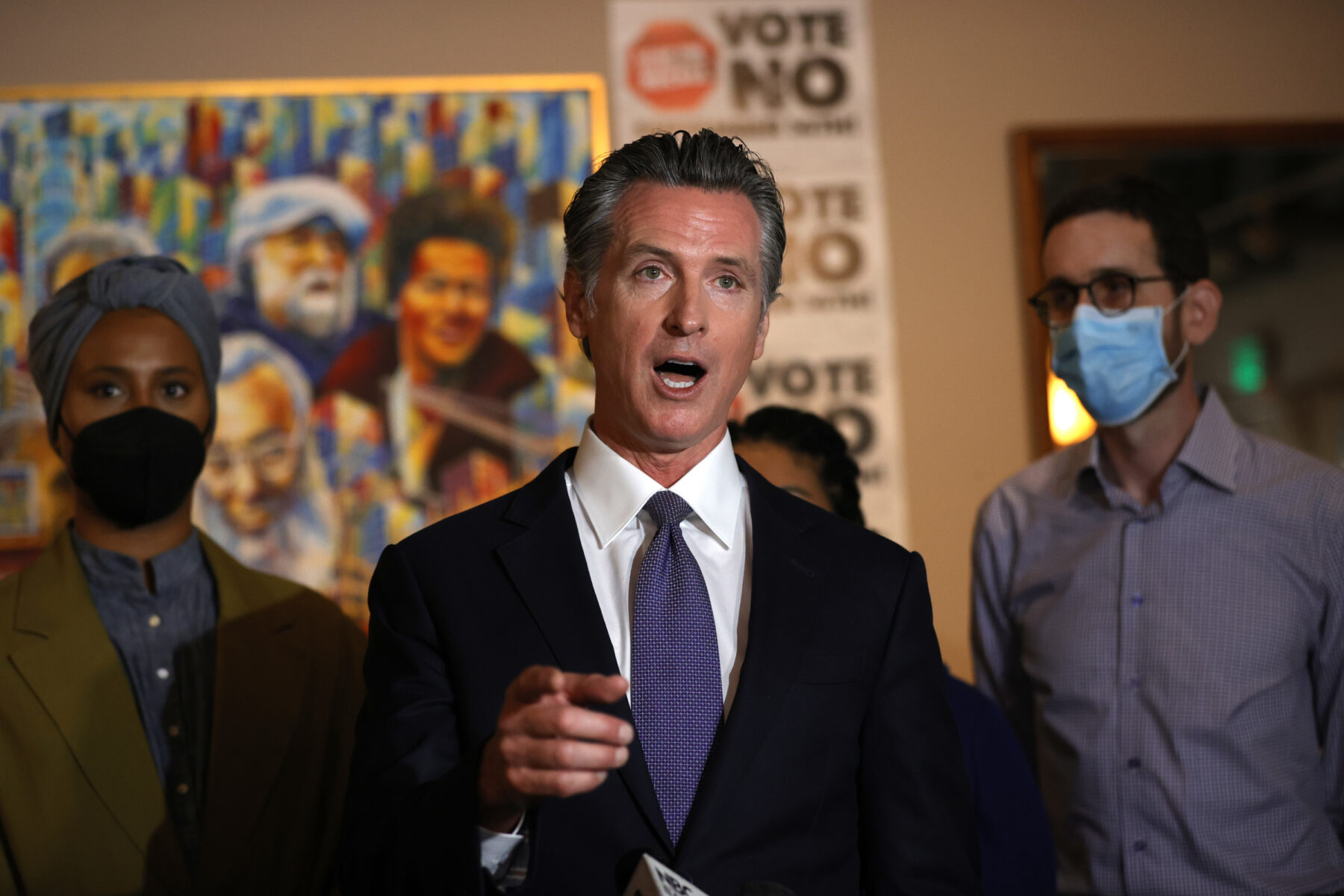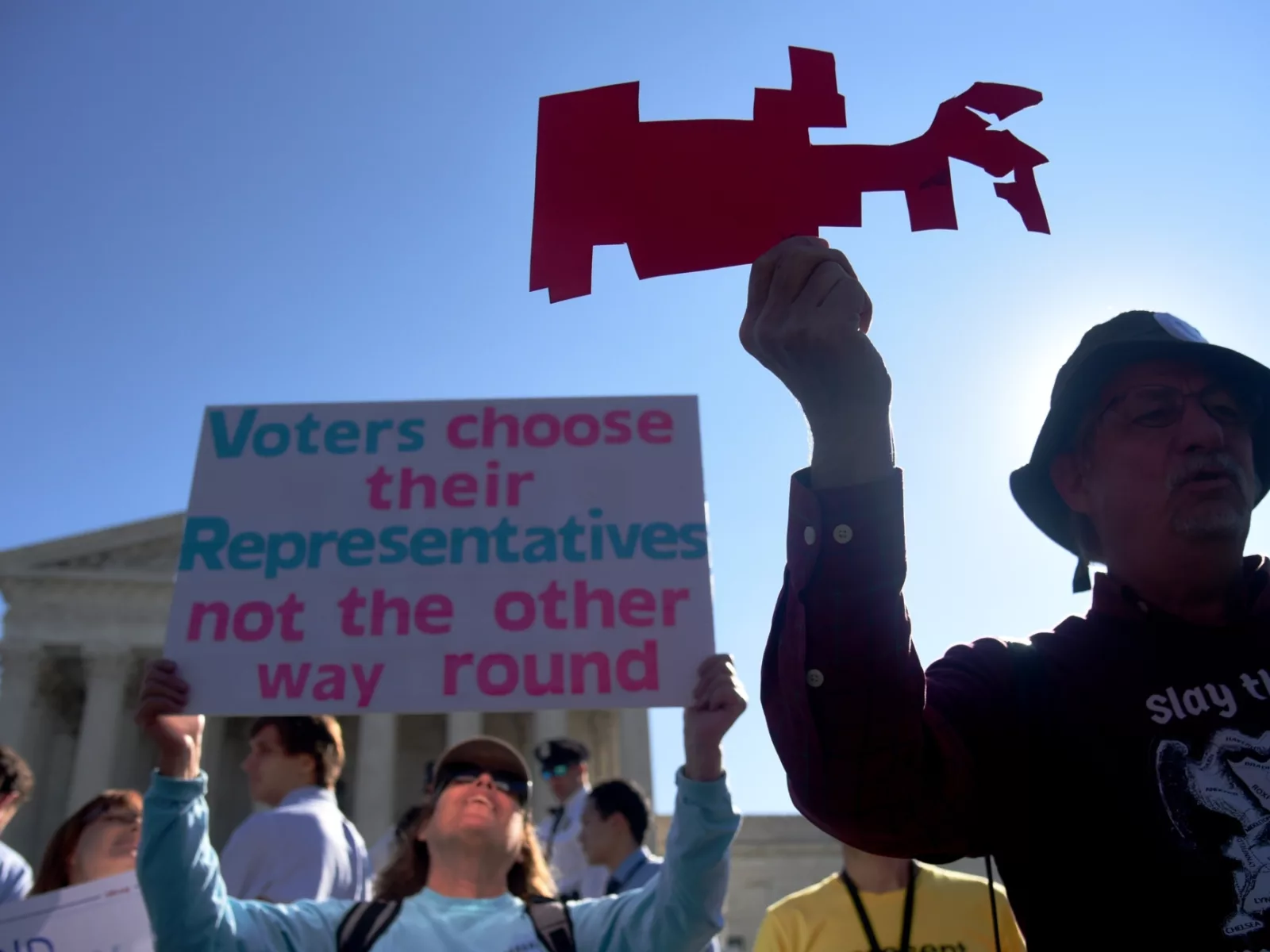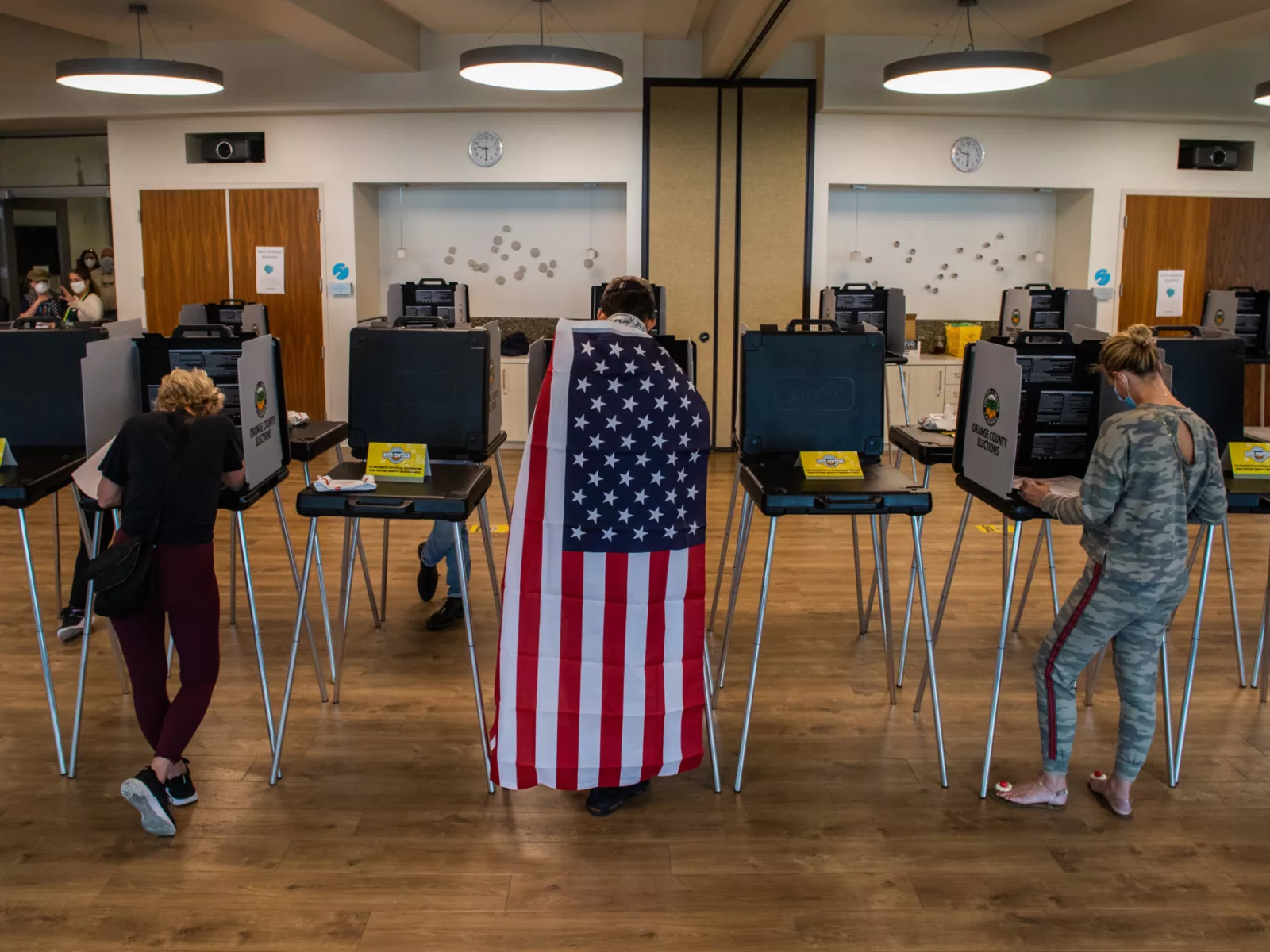California is holding a recall election for Gov. Gavin Newsom on Sept. 14, in yet another example of how crazy our current electoral system is.
Voters there will face two questions. The first is “Do you want to recall Gov. Newsom?” If more than 50% of voters choose yes, the second question comes into play: “Who do you want to replace him?” A simple plurality winner of the 46 candidates running would determine the next governor of California.
Consider this scenario: 50.1% vote yes on the recall — meaning 49.9% of voters want to keep Newsom as governor. The leading contenders for his replacement are a 29-year-old YouTube star and a conservative talk show host, both of whom have 20 – 27% support in the latest polls.
This could mean the next governor of California is elected with less than 30% of the vote, despite 49.9% of voters effectively voicing their preference to keep Newsom on question 1. There is now a lawsuit arguing this very point.
The lawsuit offers a remedy: Put Newsom’s name on the second question. However, that presents another weird scenario whereby Newsom could be recalled and re-elected on the same ballot. Oddly enough, this happened to the Mayor of Fall River, Massachusetts, in 2019.
The Fall River fiasco resulted in Mayor Jasiel Correia II, who was indicted at the time and is now convicted of extortion, being recalled with 61% of the vote but winning to replace himself on the second question with 35% of the vote, due in part to a crowded field of candidates that split the vote. That same scenario could unfold in California if Newsom’s name is included on the second question.
A more elegant solution? You guessed it: Use ranked-choice voting in question 2, allowing voters to arrive at a majority winner. The Boston Globe wrote that ranked-choice voting was the right solution to the Fall River fiasco, and it’s the right answer for California voters as well. What’s more, ranked-choice voting is a home-grown solution that many voters are already accustomed to. San Francisco, Oakland, San Leandro, and Berkeley already use the system at the local level. San Diego is attempting to pass it as well.
To think that California, a state of 40 million people and a $3 trillion economy (bigger than the United Kingdom), would elect its next leader this way is, to put it frankly, bonkers. And it doesn’t have to be this way. The state has led the nation on other electoral reforms such as adopting an independent citizen redistricting commission, open primaries, and ranked-choice voting in cities. It can be a pioneer here, too.
Ironically, Newsom vetoed ranked-choice voting legislation in 2019.



















